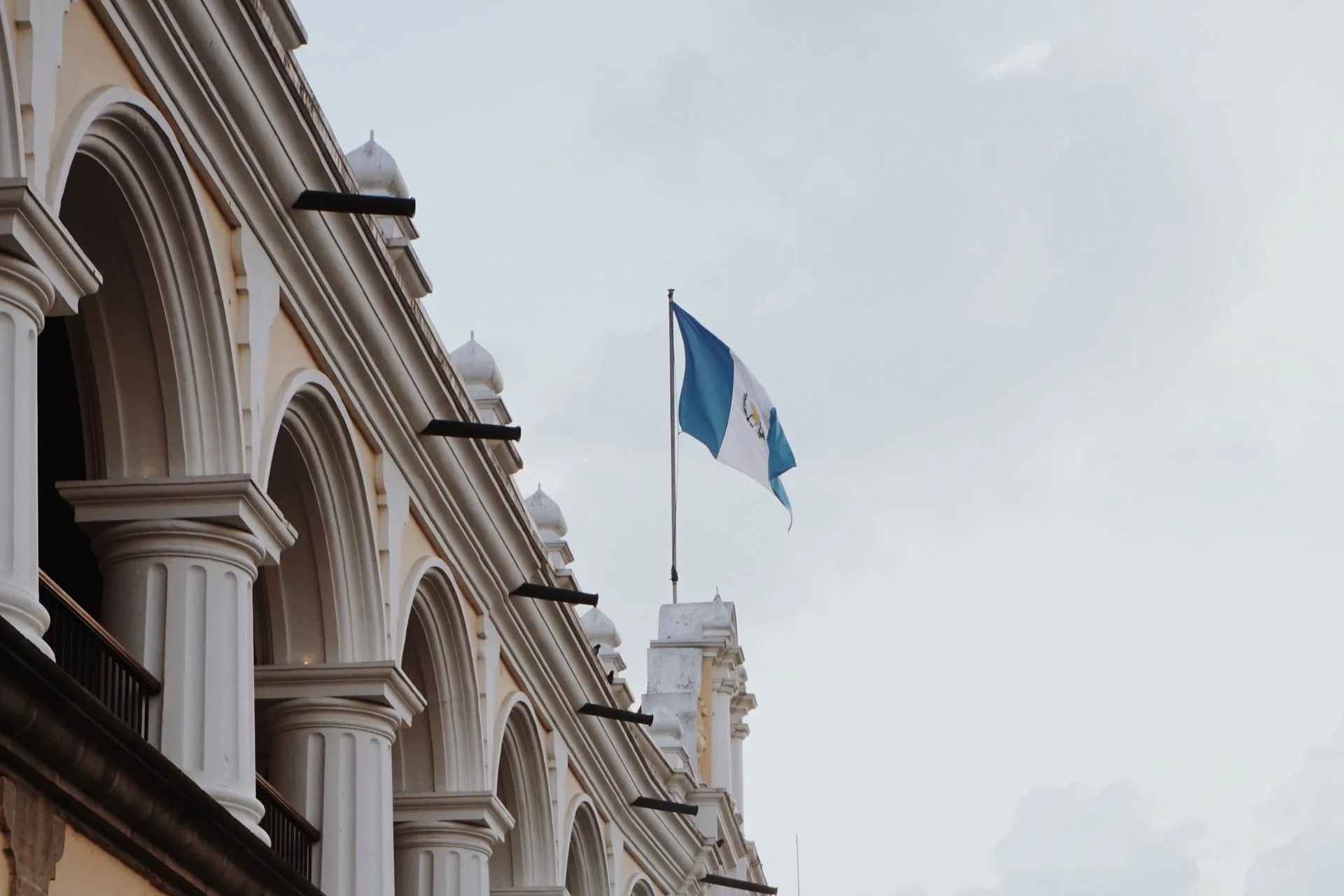Reckoning with Power
Following the historic ruling in the genocide trial of Guatemala’s former dictator Rios Montt on Friday, it’s been fascinating to watch the varied reactions on social media, especially from Christians with very different interpretations of the character of the man now sentenced to 80 years in prison. They also differ widely in their understandings of who bears responsibility for the events of the war, and how Guatemala could best heal from the (relatively undisputed) wounds of the past.
I respect those with differing viewpoints on this issue, and I affirm the overwhelming complexity of the matter. Everyone interprets these events through the lenses of their experiences, values, and allegiances, and I’m no different. But amidst the tweets ranging from jubilation to disbelief, I was reminded of a story I’d read several years ago that offers us a different vantage point. It’s not a comprehensive account of the war’s atrocities, to be sure, but rather a glimpse of a moment in time – an eerie one at that – which sheds light on Rios Montt’s faith and the extent to which it impacted his political leadership.
It comes from Ruth Padilla DeBorst, the daughter of René Padilla, who gives leadership to the Latin American Theological Fraternity (FTL) in addition to her more recent work with World Vision. This story first appeared in an interview with Andy Crouch in Christianity Today in 2007 as part of its Christian Vision Project:
My husband was part of a group from Calvin College that personally interviewed many of these political leaders. They sat with Ríos Montt, who had been president of Guatemala in the early 1980s, in his office in 1987. He welcomed them effusively and gave an impassioned speech about brotherhood in Christ and about how blessed he was in receiving these guests from North America. He knelt in front of them and led them in prayer for his nation, with great passion. And then they started interviewing him.
They asked about the condition of the people in his country and how he viewed the statistics on malnutrition and poverty. They asked, “How do you see your government bringing light to these situations?” When they began pressing these questions, he worked himself into an absolute fury and threw them out of his office. They were afraid for their lives. They had to get out of Guatemala in a hurry.
He had the jargon. He was the founder of a church. Only God knows what was in his heart. But there did not seem to be any connection between his faith and his political leadership. Some of this is simply symptomatic of a young church—Christians who have had very little exposure to public policy and administration of public affairs.
That’s why the core of our proposal in the FTL is that Christian mission is, or must be, “integral mission.” God is Lord over every last corner of the world. And that has to do with interpersonal relations and with our relationships with him, but it also has implications for the way society is organized—who gets favored and how.
You can read the rest of the interview here.
